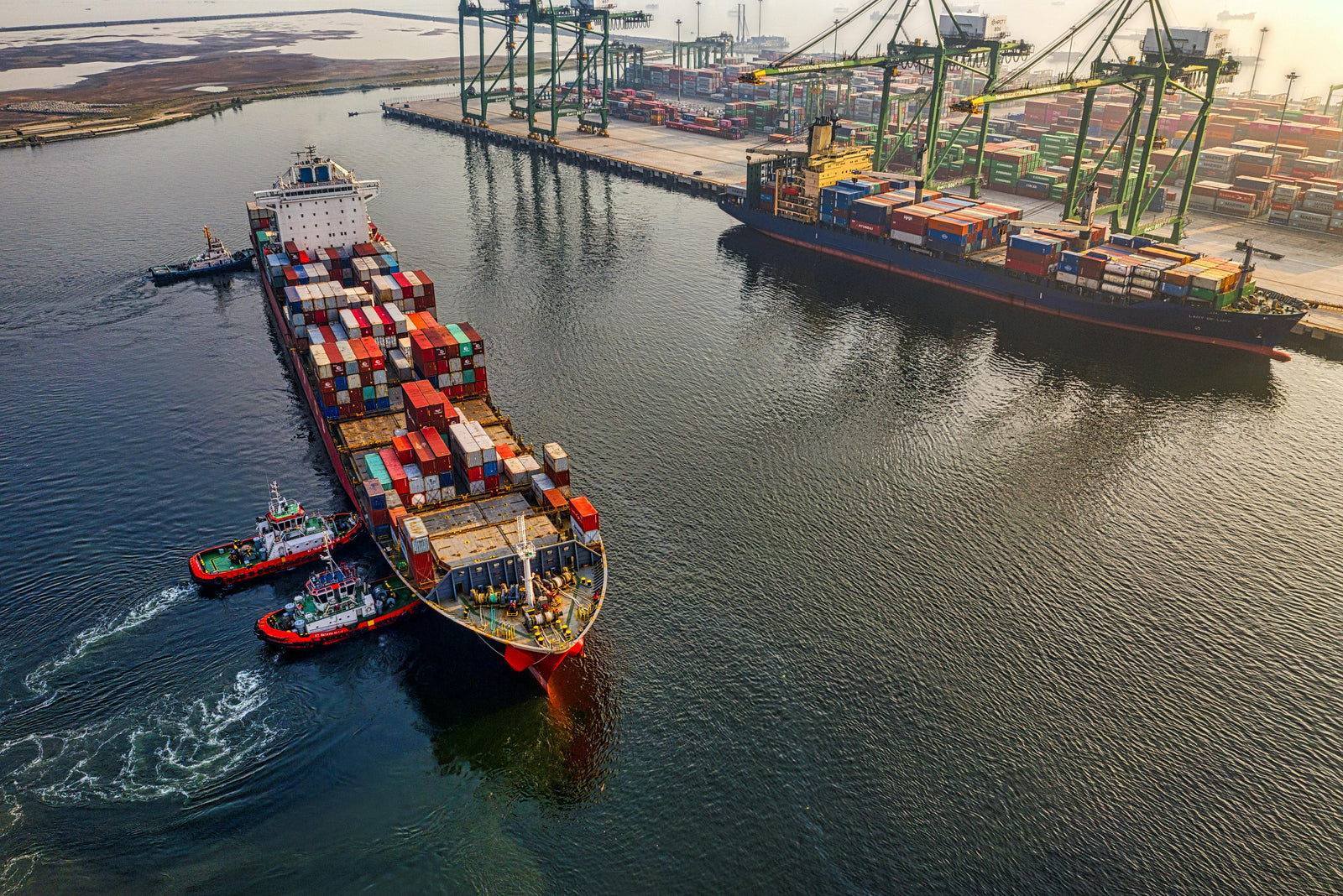China has been a top destination for companies looking to source products for many years. With its vast manufacturing capabilities and low production costs, it's no surprise that businesses turn to China to develop and produce a variety of different products.
However, sourcing products from China can be a daunting task, especially if you're not familiar with the market or the process. Many companies make mistakes that can cost them time, money, and even damage their reputation. Here we'll outline some of the most common mistakes people make when sourcing products in China and how you can avoid them.
1. Not finding a trusted partner
One of the biggest mistakes companies make when sourcing products in China is not finding a trusted partner to work with. Many businesses try to source directly from manufacturers, thinking they'll save money by cutting out the middleman. However, this can often backfire if you're not careful.
Without a trusted partner or sourcing agency who understands the market and has established relationships with manufacturers, you may end up working with unreliable suppliers or getting subpar products. A reliable partner will help you navigate the complexities of Chinese manufacturing and ensure that your products meet your expectations, providing knowledge- backed quality assurance at all necessary stages.
2. Not doing enough research
Another common mistake people make when sourcing products in China is not doing enough research. It's essential to thoroughly research potential manufacturers before making any commitments that could have a large effect on your bottom line. This includes checking their credentials, visiting their facilities, and even asking for references from previous clients.
If you don't do your due diligence, you may end up working with a manufacturer who doesn't have the capabilities or experience to produce your products correctly. This can lead to delays, quality issues, and ultimately harm your business's reputation.
3. Not understanding cultural differences
China has a very different business culture than Western countries. Many companies make the mistake of assuming that Chinese suppliers operate in the same way as businesses in their home country. However, this can lead to misunderstandings and miscommunications that can affect the production process and your end result.
It's crucial for companies to understand and respect Chinese business practices and etiquette. This includes building relationships, negotiating effectively, and understanding the concept of "face" in Chinese culture. Working with a partner who has experience in navigating cultural differences can be very beneficial in bridging the gap and providing expertise backed with decades of experience working in the Chinese market.
4. Focusing solely on price
While cost is certainly an important factor when sourcing products from China, it shouldn't be the only consideration. Many companies make the mistake of choosing the cheapest manufacturer without considering other factors such as quality, production capabilities, and communication.
It's essential to strike a balance between cost and value when selecting a manufacturer. Often, lower prices can lead to poor quality or slower production times. It's vital to thoroughly evaluate all aspects before making a decision.
5. Not having a clear agreement in place
Finally, one of the most common mistakes people make when sourcing products in China is not having a clear agreement in place with their supplier. This can lead to misunderstandings, delays, and even legal issues.
It's crucial to have a detailed contract that outlines all aspects of the production process, including timelines, quality standards, payment terms, and any other important details. This will help ensure that both parties are on the same page and can help resolve any disputes that may arise.
Sourcing products from China can be an extremely lucrative opportunity for businesses, but it's essential to avoid these common mistakes to make your overall efforts a success. Finding a trusted partner, doing thorough research, understanding cultural differences, considering more than just price, and having a clear agreement in place are all crucial steps to ensure a successful sourcing experience. With the right approach, companies can reap the benefits of working with Chinese manufacturers and develop high-quality products that meet their needs. So, it's important to be informed and prepared before embarking on your sourcing journey in China.










